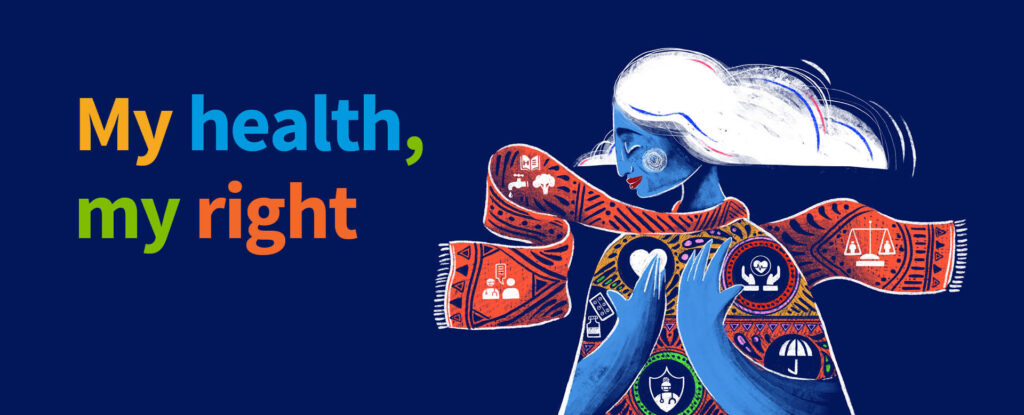As the world marks April 7th as World Health Day, it’s time to reflect on the importance of prioritizing health and well-being. This year, the theme “My health, my right” serves as a powerful reminder that access to high-quality healthcare, education and information is a fundamental human right.
History of World Health Day
World Health Day is celebrated annually on April 7th to commemorate the founding of the World Health Organization (WHO) in 1948. Since its inception, World Health Day has served as an opportunity to raise awareness about pressing global health issues and mobilize action to address them.
Each year, WHO selects a theme that reflects a priority area of public health concern, highlighting the need for collective action to improve health outcomes worldwide.
World Health Day is one of the eight official global health campaigns marked by the WHO, along with World Tuberculosis Day, World Immunisation Week, World Malaria Day, World No Tobacco Day, World Blood Donor Day, World AIDS Day and World Hepatitis Day.
Theme: “My health, my right”

The theme for World Health Day 2024, “My health, my right,” underscores the idea that everyone, regardless of their background or circumstances, has the right to access quality healthcare.
It emphasises the importance of empowering individuals to take control of their health and advocating for policies that ensure health equity for all. It also draws attention to the disparities in healthcare access and outcomes that exist around the world, particularly in marginalised communities and low-income countries.
So how can we as individuals contribute to World Health Day?
World Health Day is more than just a day to raise awareness about global health issues—it’s a call to action for individuals to make a difference in their communities and beyond.
- Raise Awareness
- Start by educating yourself and others about the importance of World Health Day and this year’s theme, “My health, my right.”
- Share information and resources on social media, organise awareness campaigns in your community, or host virtual events to spark conversations about health equity and access to healthcare.
- Advocate for Change
- Use your voice to advocate for policies and initiatives that promote health equity and ensure universal access to healthcare.
- Write to your elected representatives, sign petitions or join advocacy groups working on issues related to healthcare access, affordability and quality.
- Support Local Health Initiatives
- Get involved with local organisations and initiatives that are working to improve health outcomes in your community.
- Volunteer at a local clinic or health centre, participate in health education programs, or support grassroots efforts to address health disparities and social determinants of health.
- Promote Healthy Living
- Take steps to prioritise your own health and well-being, and encourage others to do the same.
- Adopt healthy lifestyle habits such as eating a balanced diet, exercising regularly, getting enough sleep and managing stress.
- Be a role model for healthy living in your community and share resources and tips for maintaining a healthy lifestyle.
- Support Global Health Initiatives
- Donate to reputable organisations working to improve health outcomes and access to healthcare in low-income and underserved communities around the world.
- Support global health initiatives aimed at addressing pressing public health challenges such as infectious diseases, maternal and child health and access to essential medicines.
- Stay Informed and Engaged
- Stay informed about global health issues and stay engaged in ongoing efforts to improve health outcomes worldwide.
- Follow reputable sources of health information, participate in discussions and forums on health-related topics and stay connected with organisations and initiatives working in the field of global health.
Bottom Line
As we celebrate World Health Day 2024, let’s reaffirm our commitment to promoting health as a fundamental human right. The theme “My health, my right” reminds us that health equity is not just a goal to aspire to, but a basic principle that must be upheld.
By working together to address the systemic barriers to healthcare access and advocating for policies that prioritise health for all, we can create a healthier, more equitable world for future generations.



